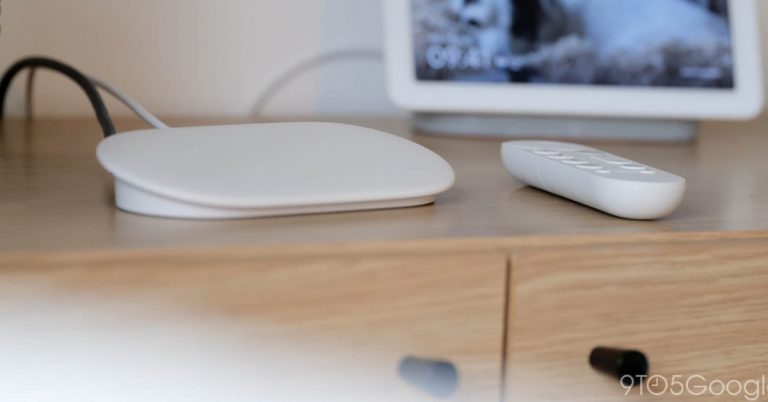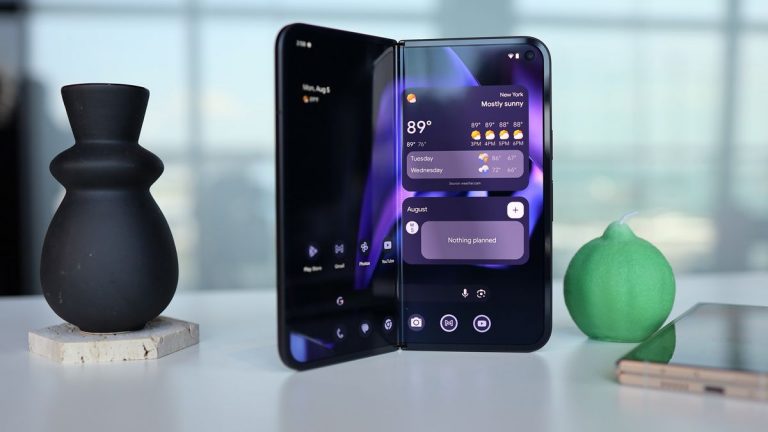Unleash Chrome’s Potential on Android with Extensions in Development
Google is Buidling a Chrome Browser for Android with Extension Support
For years, it’s been a frustrating constraint that Chrome for Android has ignored browser extensions. The omission was likely a move by Google to limit the download of ad-blocking extensions for Android devices. However, the company is now apparently working on a new "desktop" build of Chrome for Android that will officially support browser extensions. [Image: Google Pixel 9 Pro Fold Chrome]
This development is exciting but comes with a catch: it initially appears that this extension-enabling Chrome build is reserved for Chromebooks and unlikely to be available for ordinary Android devices. Google officially announced that Chrome OS is adopting Android’s tech stack, which includes using more parts of Android. Our latest discovery suggests that new Chrome builds for Android tablets and laptops will eventually replace the current Chrome OS with greater flexibility and compatibility.
Back in June, we received word that Chrome OS, an operating system specifically tailored for Chromebooks, began adopting Android’s tech stack. This move signals increased collaboration between the two ecosystem platforms. We now can see the fruits of labor with the development of more desktop-like Android builds like the one mentioned earlier with browser extension support. Additionally, we’ve discovered experimental code in the Chromium repositories indicating that Google has prepared the groundwork for a non-mobile version of Chrome extensions support.
Experimental Mobile Extension Support
Even so, there’s hope still for mobile users. When you download and install Google’s experimental "Desktop" Chrome build on your usual Android device, it actually runs on your Android architecture, making it possible – in theory – for existing Android devices to gain browsing extension support. Unfortunately, we can’t activate said support yet, but things might change in the foreseeable future.
Google Updates
In related news, Google has started rolling out the new Manifest V3 standard for Chrome extensions globally. This change means web developers will need to prepare for the shift and will ultimately lead to enhanced application functionality. The timeline implies a possible connection to existing extensions and their possible repurposing for Manifest V3.
Call Your Tips
If you suspect anything or have knowledge linked to this story, use our email address, accessible by clicking the button directly above. You may ask for anonymity or even include your name in your account, whichever you prefer.
Read the full story…





